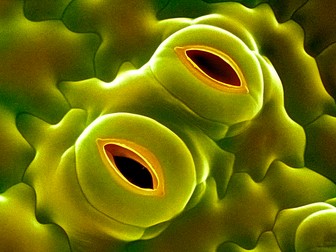Parallelogram of Forces Introduction
Very simple intro to calculating resultant forces using parallelogram (scale drawing) method.<br />
<br />
I only created the ppt., other resources have been put together by others in my department and online.<br />
<br />
AQA AS Physics Spec
